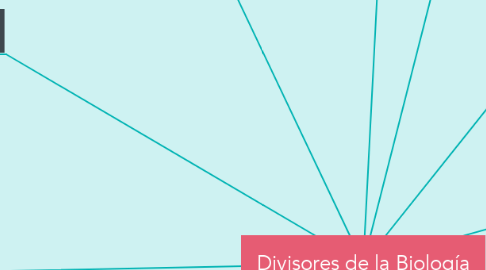


Because the economic crash and later depression was a huge factor of the genocide during WWII, it is important to ensure the economy doesn't tank again. Also, knowing more about how the brain works, and how the environment plays a role, would give us better understanding to be able to help treat mental conditions rather than try to brush it under the rug. Knowledge of history would play a role in making sure we learn from our mistakes. To prevent such horrors from happening again, education is very important. Even though eugenics and sterilization had been around for a while, Hitler took things to a horrific new level by using genocide as a tool. Germany was able to set up the hereditary health courts which sterilized people. In terms of eugenics, he didn't have to do much work convincing (since it was already a widespread belief during that time). He used his public speaking skills to get the crowd on his side to more or less brainwash them. Hitler seized on this momentum and used it for his political gain. The more people that think such a thought, it snowballs into becoming more "correct" even if it's completely wrong. They laid the blame on whoever it was easiest to pick on, so naturally they turned to the defenseless. This was a time period when people were starving and homeless. Eugenics became even more widespread in the 1930s during the Great Depression. During the early 1900s, popularity in eugenics increased. This phrase is often mistakenly tied to Darwin, probably because Darwin's evolutionary theory relies on natural selection. Eugenics tied closely to Herbert Spencer's notion of "survival of the fittest". The article states that eugenics had been coined in 1833 by Francis Galton. So in my opinion, it appears that Dugdale has a very one-sided view. Those costs far outweigh the costs that he talks about in his book. He talks about the cost of taking care of the mentally disabled and other groups, though doesn't consider the costs of neglecting them. Dugdale should survey much more families. This is not enough data points to be able to paint a broad picture. Richard Dugdale only focused on one family. So in short, yes genes play a role in talents, but the environment helps shape the brain as well. The younger the brain, the more you're able to shape it. The human brain is an amazing organ that can adapt to many different environments. Sure there is innate ability that isn't from hard work, but hard work does play a role.Īlso, families that start children off (at very early ages) to have them listen to classical music would most likely get their brains in the mindset of becoming talented with the violin. Those with access to these music lessons would then have a higher chance of being more talented. It would also improve the lives of others around them, to help society be better off overall.įamilies with the means to afford violin lessons would probably have better chances at doing so, compared to families that can't afford it. Giving them a hand up, helping them to their feet, would then improve their lives. Some people just fall on hard times to no fault of their own.

Secondly, it is of society's interest to help those in need. If your neighbor is in pain, and you have empathy for them, then you'll be in pain as well. The capacity for humans to feel sympathy and empathy for other people is one big reason why it's a bad idea to rely on Social Darwinism.


 0 kommentar(er)
0 kommentar(er)
